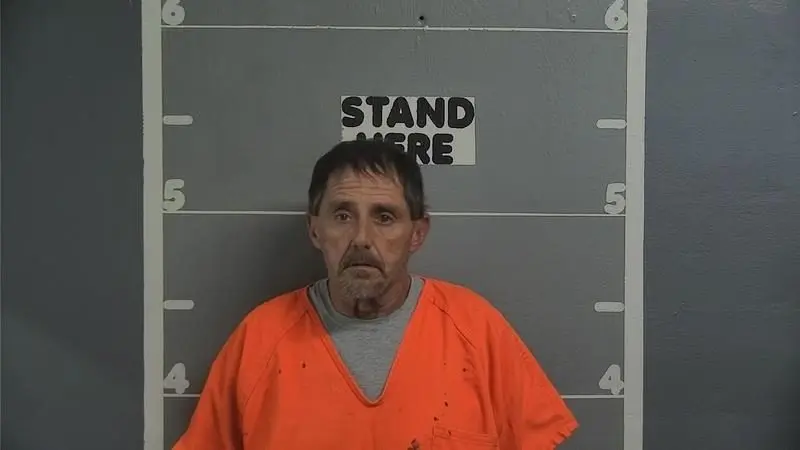
(State Sen. Steve Meredith, at the behest of local law enforcement, has filed a bill that would expand law enforcement’s right to detain and question a person who has “committed, is committing, or is about to commit a crime …” The controversial proposal has garnered the attention of civil rights lawyers, and Meredith, along with civil rights officials, granted an interview to the Lexington Herald-Leader on the issue. The ensuing article is below.)
A bill pending in the Kentucky Senate would give police new powers to stop people on the street and demand that they identify themselves and explain their actions, drawing criticism from civil rights lawyers who say that would be an unconstitutional device likely used against minority groups.
Under Senate Bill 89, if a police officer suspects someone in a public place is involved in criminal activity or is about to commit a crime, the officer could stop that person, demand his name, home address and age — as well as ask to see his driver’s license, if he has one — and tell him to explain what he is presently doing “to the satisfaction of the officer.”
Anyone who refuses to cooperate with police could be detained for up to two hours. That detention would not be considered an arrest, so the person would not have the right to call an attorney, and no official record would be made of the detention.
Sen. Stephen Meredith, R-Leitchfield, said Grayson County law enforcement officials asked him for the bill after a number of local incidents showed the need for it.
In one case, a man who lurked outside of an apartment complex, prompting concerned residents to call police, refused to tell the responding officers who he was or why he was there, Meredith said. He simply walked away, and later, police discovered the man’s identity and realized he had several outstanding arrest warrants, the senator said.
“If a man acts suspicious, then why wouldn’t you want to know what his name is?” Meredith said in an interview. “I can’t imagine any legitimate reason in the world why a person would refuse to give their name and photo identification to a police officer if they were asked.”
Critics say Meredith’s bill would violate the Fourth Amendment’s protection against unreasonable search and seizure and the Fifth Amendment’s protection against self-incrimination.
Police officers already have the right to approach people on the street and ask their names, but it’s established that citizens can refuse to respond, said Aaron Tucek, a legal fellow at the ACLU of Kentucky. If police can show reasonable suspicion that someone is carrying a deadly weapon, they can proceed to frisk that person, Tucek said.
But they cannot detain people simply for not identifying themselves or explaining their activities “to the satisfaction of the officer,” Tucek said.
“The whole section of the bill on detention — they can call it whatever they want, but Supreme Court case law is pretty clear that an arrest is not determined by whether you call it an arrest, it’s determined by the restraint you place on someone’s liberty,” Tucek said. “If you put someone in the back of a police car or if you take them down to the police station or if you otherwise refuse to let them go their own way, that’s an arrest, and in our country, you cannot do that without probable cause.”
Rebecca DiLoreto, who lobbies in Frankfort for the Kentucky Association of Criminal Defense Lawyers, said the police in Meredith’s Senate district had a legitimate recourse for the man lurking outside the apartment complex for an extended time: a loitering charge. But it would be a grave error to let police stop, interrogate and hold people on the street more generally, DiLoreto said.
“The idea that we can detain people because we find them to be suspicious and we think they might commit a crime, that crosses a dangerous line,” DiLoreto said. “Now, unfortunately, it has been known to happen. Sometimes it’s in a mostly white community where someone spots a black person walking down the street and they get suspicious and call police.”
“The ‘crime’ in this case is basically that you’re here and we don’t think, from looking at you, that you should be here,” she added. “The potential for abuse in that seems obvious.”
DiLoreto said she also has serious concerns with the bill establishing a detention process where no official records are kept. Nobody ever should be taken into police custody without a record being made of it, she said.
“That’s starting to approach what you see in a police state or Soviet Russia,” DiLoreta said.
By John Cheves, the Lexington Herald-Leader








